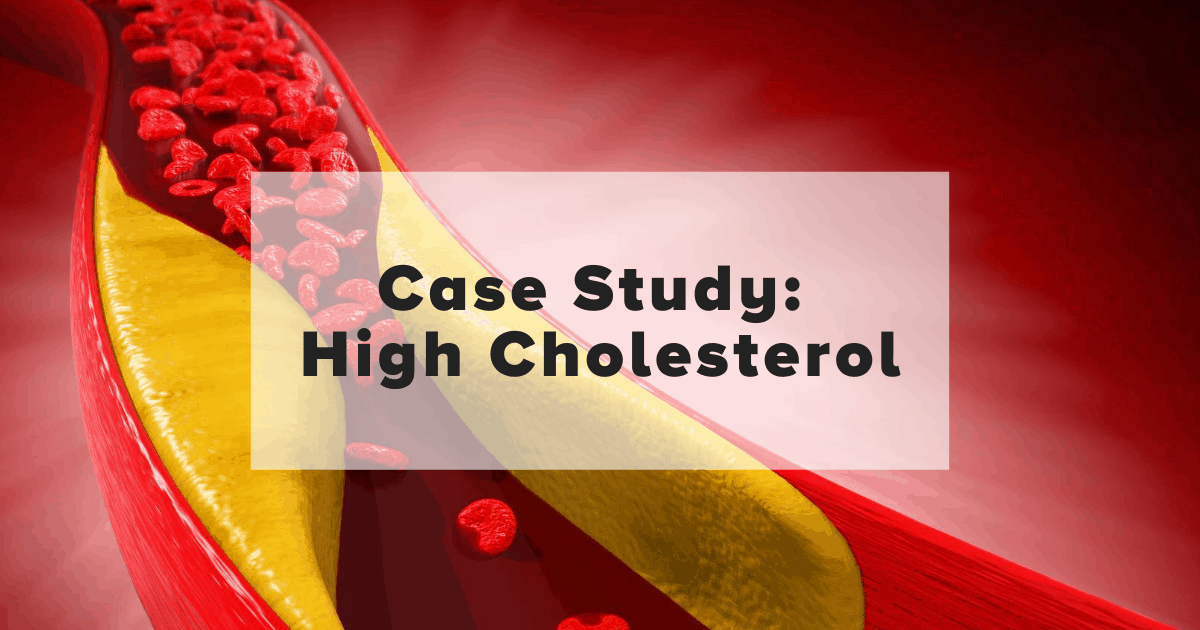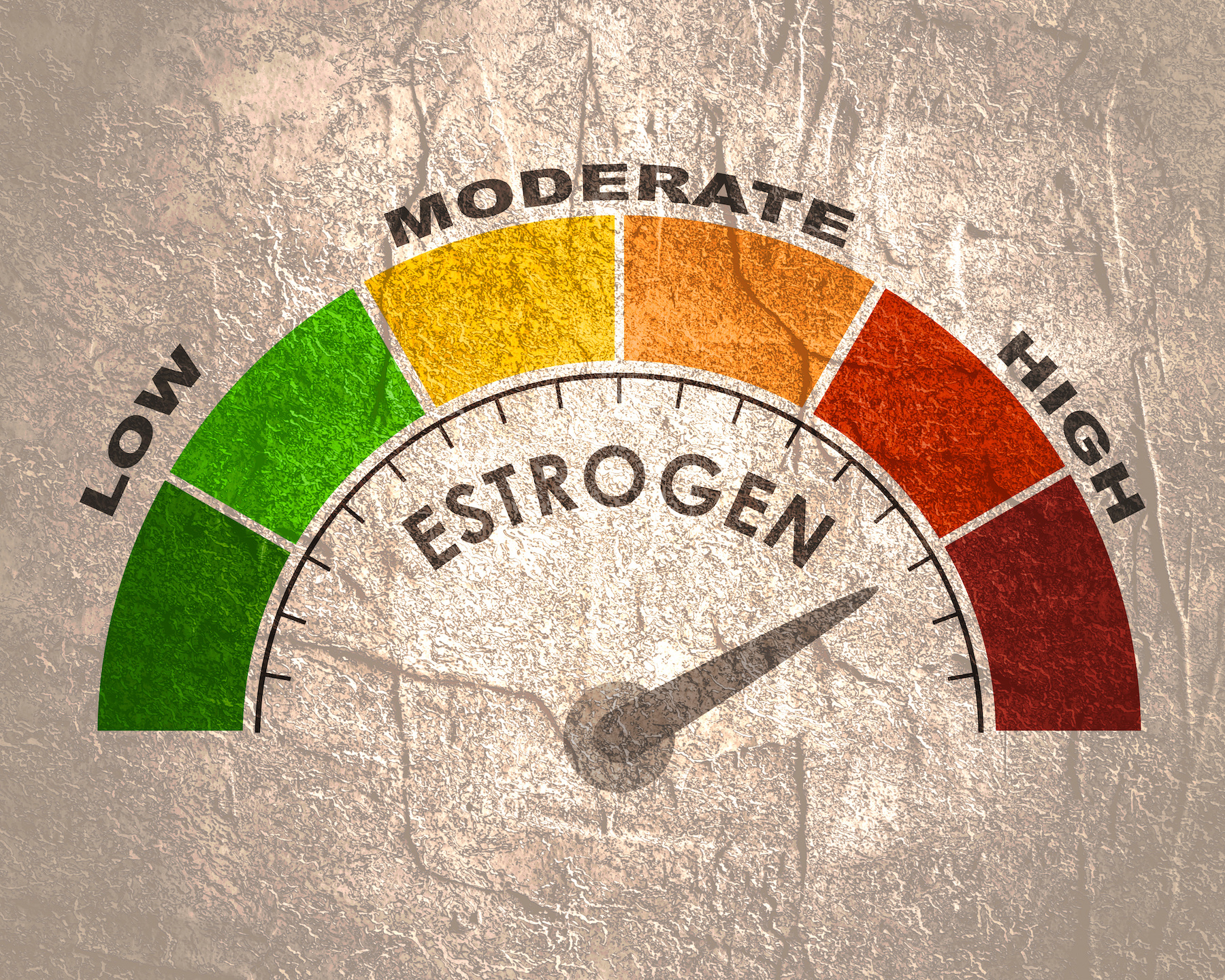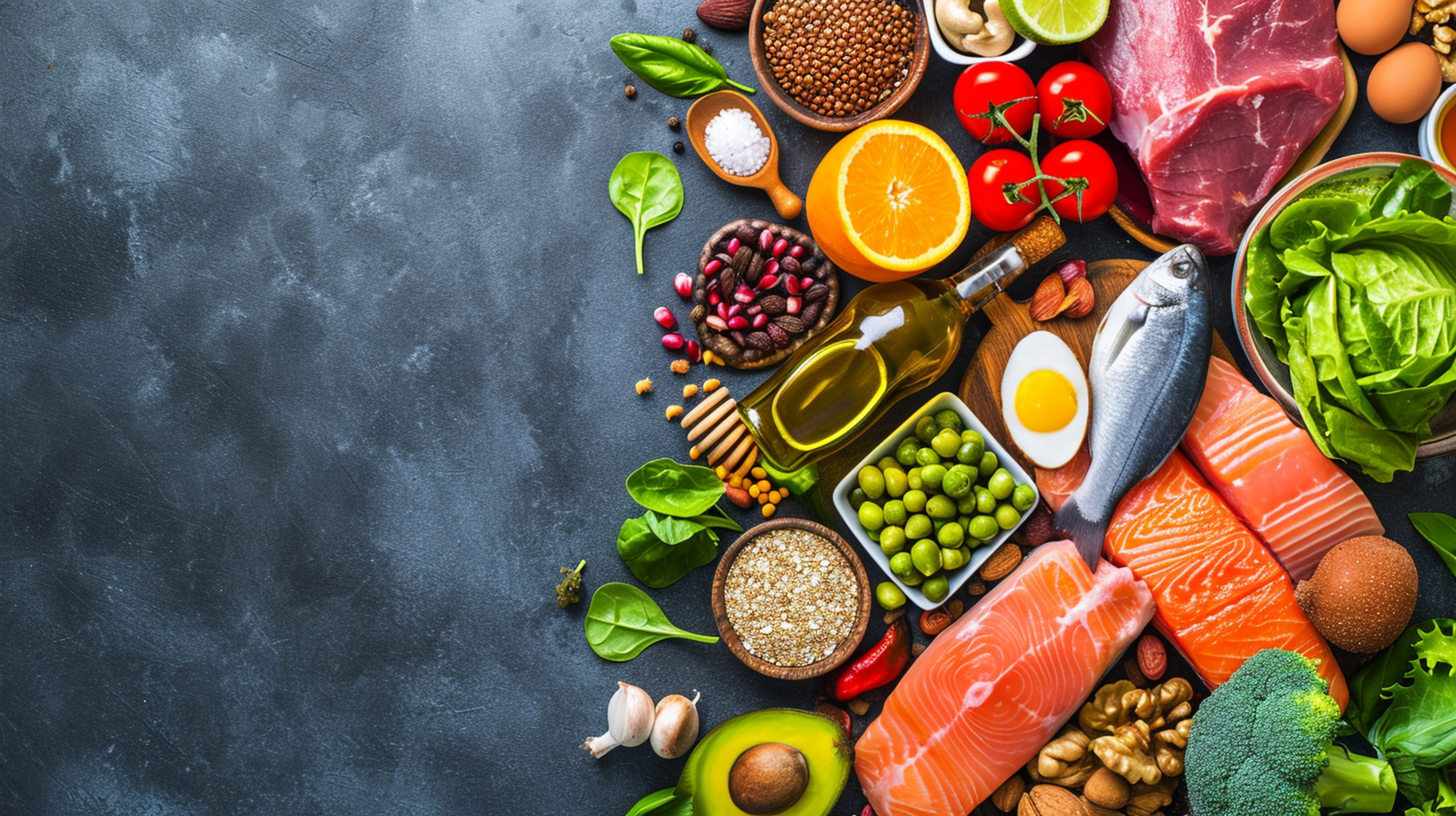

As COVID-19 has surged across the country and our world, many of us find ourselves asking what more we might be able to do to protect ourselves and others in the wake of it. With the end of summer on the horizon, our more familiar seasonal viruses are soon to be arriving as well. Influenza, and the more common viruses associated with typical cough and cold season will again be making themselves comfortable in our communities soon, mingling with the already-present Sars-Cov-2. This makes now a really good time to give our immune systems some attention. Keeping your own immune system healthy can also help those around you; if you don’t get it, you can’t spread it.
There are a myriad of sources on the internet and elsewhere that aim to help you in your quest to boost your immune system. And while the approaches to doing so are many (in large part, because your body’s immune defenses are a vast complex interconnected system), this article aims to address a simpler question: what supplements can I take to help augment my body’s ability to fend off or prevent viral illness if exposed, and what can I take in the event I do feel ill? A lot of these supplements will be familiar to you, while others may be new introductions.
Our go-to supplements
Let’s start with a few old friends, shall we? Our old standby, Vitamin C, helps the immune system in several ways. It helps our body’s natural physical barriers (our skin, the lining of our nose, mouth, etc) to remain strong to help keep microbial invaders out in the first place. It promotes antioxidant activity and helps the portion of the immune system that clears away cells damaged by infection. It can also help our bodies mount their adaptive response, which is specific to particular pathogens that make their way past our first lines of defense in…which includes (you guessed it!) making antibodies. Recommended preventive dose is 500mg twice daily(1,2). Vitamin C is safe to increase dosing at the first sign of feeling sick – up to 1000mg every hour for the first 5-6 hours and then back down to 3000mg daily until feeling better.
It’s a good idea to get your levels of Vitamins A & D and zinc checked, and supplement if necessary. Vitamin A also helps protect the integrity of our natural physical barriers, in part by modulating something called secretory IgA (or sIgA) which is the antibody that helps defend these barriers. It also helps with cellular defense and repair. Recommended dosing of Vitamin A is between 10,000IU, up to a max of 25,000IU daily for a few days while feeling ill(2). It should be noted that caution should be advised for women of reproductive age, with attention being paid specifically to the form of Vitamin A; avoid consuming more than 3000IU/day Vitamin A in the form of retinols(3,4). With a Vitamin D receptor expressed on some of our immune cells(5), it is a natural ally of our immune system, helping cells to defend against infection and repair infected ones. It can also help reduce some of the damaging inflammatory processes triggered by viral infection(2). Vitamin D supplementation with 5000IU (which can be in addition to your usual dosing) is recommended for the first several days of illness. Zinc is an antioxidant mineral, anti-inflammatory, and is crucial for those cells that mediate our body’s immediate (or innate) immune response(6). This is especially important when your body is mounting a response to never-before-seen pathogens, such as Sars-CoV-2. Zinc can also inhibit viral replication and has been shown to lower the severity and duration of symptoms of viral illness(2,7). Because it helps boost our early immune response, it is important to add it in at the first signs of illness. Supplement with 20-30mg daily, plus lozenges every hour or two for the first few days. Be aware that zinc can interfere with some other medications, such as birth control and some antibiotics(8).
Elderberry extract is another familiar comrade-in-arms during cold and flu season, with evidence that it can inhibit virus from making more of itself(9). As with Vitamin D, it can reduce some of the damaging inflammatory processes triggered by viral infection and has been shown to help with the body’s ability to defend cells against – and repair those damaged by – infection(2).
Curcumin 500mg twice daily helps reduce inflammation and, like zinc, can assist your body’s early response to infection and is good to take preventively. There is also evidence it helps your body mount its specific (or adaptive) response to foreign invaders by helping boost antibody production(10).
Best known for their ability to maintain the balance of healthy bacteria and suppressing growth of unhealthy bacteria in the gut, probiotics (25-30million CFU’s daily) help in boosting immunity in several other ways. 80% of your immune system is located in your gut, so recruiting probiotics to aid in keeping the lining of your intestines healthy helps production of sIgA not only in your gut, but also in mammary glands (go moms!) and the lining of your lungs(11).
Since the entry point for most respiratory viruses is in our nose and mouths, some topical protection in the form of throat spray before braving the supermarket or other necessary errands may be useful. Biocidin has a proprietary herbal blend that has been shown to boost the antibodies found in your mouth and throat (sIgA) that is one of our immune system’s first lines of defense.
We’ve become familiar with other health benefits of Omega-3’s in recent years, so aiming to make them a regular part of your diet should already be a goal. Add one more reason to do so: Omega-3 fatty acid intake (in the form of 3-4 servings of cold water fish per week, or 1-2grams/day if taken in supplement form) can help boost white blood cells, help boost early antibody production and reduce inflammation(12). If you find yourself getting sick, you could consider also adding SPM’s into the mix. What are SPM’s, you ask? SPM’s, or specialized pro-resolving mediators, represent a portion of the Omega-3 fatty-acid spectrum and can add an extra anti-inflammatory boost(13). This could potentially be helpful in preventing the inflammatory clinical scenario sometimes encountered in severe cases of COVID-19 known as cytokine storm.
New supplements to add to the mix
Now, apart from SPM’s, most of the supplements we’ve discussed thus far have been familiar to most. Let’s introduce some other items to our immune-boosting tool chest with which we might not be as familiar. N-Acetylcysteine (NAC) is a precursor your body uses to make glutathione, which is a powerful antioxidant important in your body’s innate immune response to infections and can also help reduce some of the stress that leads to lung tissue damage in acute respiratory distress syndrome, or ARDS(14). ARDS has been often encountered and hard to manage in those severely affected by COVID-19. You can take NAC preventively, and add liposomal Glutathione 450mg BID to your usual regimen if you start to feel ill.
Sunbalance (recommended dose 3capsules/day) is a combined supplement that contains three helpful ingredients: palmitoylethanolamide (PEA), luteolin and quercetin. PEA is a chemical made in your own body from fat and can also be found in eggs and peanuts. It decreases mediators that promote inflammation(15). Luteolin and quercetin are both flavonoids. Cool. What’s a flavonoid? They are phytonutrients, or chemicals found in plants that, among other things, are responsible for fruit and vegetables’ vivid colors. Ever heard that you should get lots of different colors on your plate in the form of fruits and veggies? One reason for that is to add differing kinds of flavonoids, which reduce inflammation by multiple mechanisms. They can also help your body increase its production of antibodies in response to infection(16, 17, 18).
If we’re looking for some items that have specific antiviral activity – and we are – let’s look to astragalus or andrographis. Herbs long used in Asia, they have direct antiviral activity, restraining viral replication and the inflammatory pathology caused by viral infections. They also have anti-inflammatory and antioxidant effects, as well as enhancing antibody production and boosting your body’s early immune responses(19, 20, 21). Licorice root has shown some promise in treatment for Covid-19 specifically by binding up ACE2 receptors, which are proteins found on the surface of cells that Sars-CoV-2 uses as a kind of lock-and-key mechanism for entering and infecting cells. The active chemical in licorice root is called glycyrrhizin and is also helpful as an anti-inflammatory and antioxidant(22, 23). Viragraphis by Xymogen is another combination product that contains both andrographis and licorice root.
Let’s not forget our old pal green tea, which contains epigallocatechin galate (EGCG). EGCG has shown some early promise in reducing Sars-CoV-2’s ability to replicate itself and can help ward off influenza infections as well. 4 cups or 225mg daily if taken in supplement form is most beneficial(2). Add a little honey to your green tea, with its anti-inflammatory and antimicrobial properties(24), and you’ve got yourself a yummy little immune boost in a warm mug! Come fall, that will likely sound more appealing – for now, enjoy over ice! A word of caution about green tea extract-if you have pre-existing liver issues you may want to avoid it as it could make it worse.
The Highlights
So, that sums up our highlights of some of the best supplemental tools we have for helping our immune system out and how they’re helpful. A reminder to check out my video from April that discusses some of these. if you’re feeling ill – especially with cough, fatigue and/or fever, be sure to call your doctor to discuss your symptoms and potential need for COVID-19 testing or further management. And remember that this article is not intended to be medical advice, and to always check with your own healthcare provider prior to starting any supplement regimen.
A good functional medicine provider can help you in tackling the underlying causes of immune system dysfunction and help you optimize your health. If you’re interested in checking out functional medicine in the Phoenix, Scottsdale, Paradise Valley, Arizona area, call to book an appointment at 602 892-4727 or fill out our contact form. If you’re not local to us, why not try 7 Weeks to Your Healthiest Self – our masterclass that provides you with the lifestyle change benefits of functional medicine – from the comfort and privacy of your own home.
References:
- Vitamin C and Immune Function
- https://www.ifm.org/news-insights/the-functional-medicine-approach-to-covid-19-virus-specific-nutraceutical-and-botanical-agents/
- Role of Vitamin A in the Immune System
- Teratology Society Publications
- Vitamin D and the Immune System
- Zinc in Human Health: Effect of Zinc on Immune Cells
- The Role of Zinc in Antiviral Immunity
- https://www.webmd.com/vitamins-and-supplements/supplement-guide-zinc#1
- Inhibitory activity of a standardized elderberry liquid extract against clinically-relevant human respiratory bacterial pathogens and influenza A and B viruses
- Immunomodulators Inspired by Nature: A Review on Curcumin and Echinacea
- Probiotics and immune health
- Effects of Omega-3 Fatty Acids on Immune Cells
- Identification of specialized pro-resolving mediator clusters from healthy adults after intravenous low-dose endotoxin and omega-3 supplementation: a methodological validation
- Role of glutathione in immunity and inflammation in the lung
- Palmitoylethanolamide: A Natural Body-Own Anti-Inflammatory Agent, Effective and Safe against Influenza and Common Cold
- Luteolin – an overview
- Quercetin exhibits adjuvant activity by enhancing Th2 immune response in ovalbumin immunized mice
- Quercetin, Inflammation and Immunity
- https://www.sciencedirect.com/topics/pharmacology-toxicology-and-pharmaceutical-science/astragalus
- Harnessing the medicinal properties of Andrographis paniculata for diseases and beyond: a review of its phytochemistry and pharmacology
- Broad-spectrum Antiviral Properties of Andrographolide
- The immunomodulatory activities of licorice polysaccharides (Glycyrrhiza uralensis Fisch.) in CT 26 tumor-bearing mice
- Pharmacological perspective: glycyrrhizin may be an efficacious therapeutic agent for COVID-19
- Honey and Health: A Review of Recent Clinical Research
Share:
Dr. Emily Parke
Related Posts

What Is Sleep Apnea? Symptoms, Risks, and Treatment Options
Sleep apnea occurs when breathing repeatedly stops and starts throughout the night. Learn the symptoms, risks, and sleep apnea treatment options.

Estrogen Metabolism: How It Works, Why It Matters, and Supplements for Healthy Estrogen Metabolism
Estrogen metabolism is vital to estrogen regulation. Learn how it works and how the DUTCH test can provide insight into hormonal imbalance.

The Paleo Diet Versus the Autoimmune Paleo Diet: Differences and Benefits
Learn the difference between the paleo and the autoimmune paleo diet, including food lists, what foods to avoid, and all the health benefits!

A Complete View of Multiple Sclerosis: Symptoms, Diagnosis, and Functional Medicine Treatment Options
Get a complete view of multiple sclerosis, including common symptoms and treatment options, including nutrition and supplementation.
